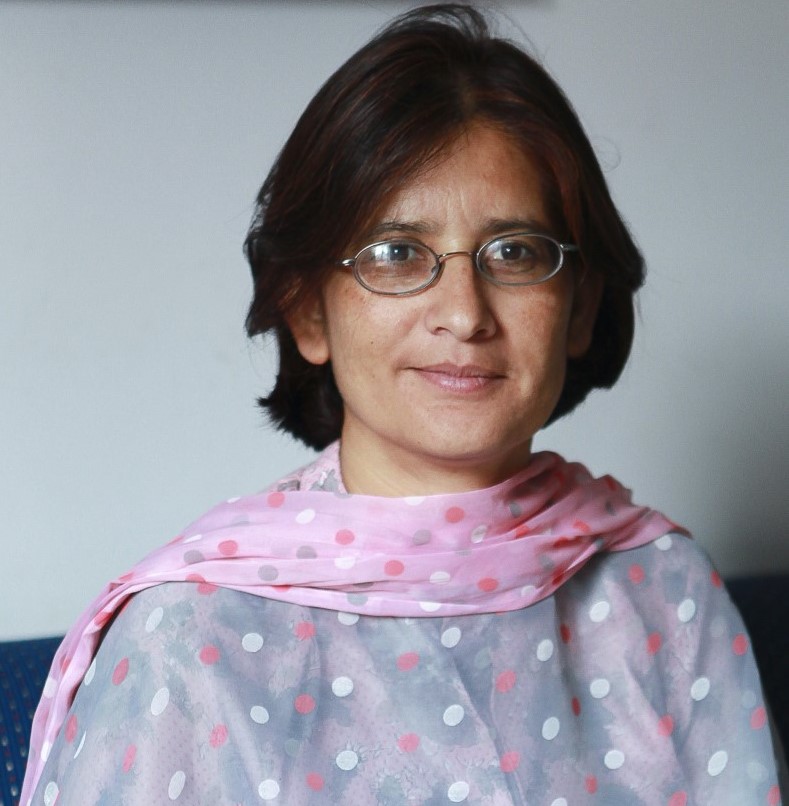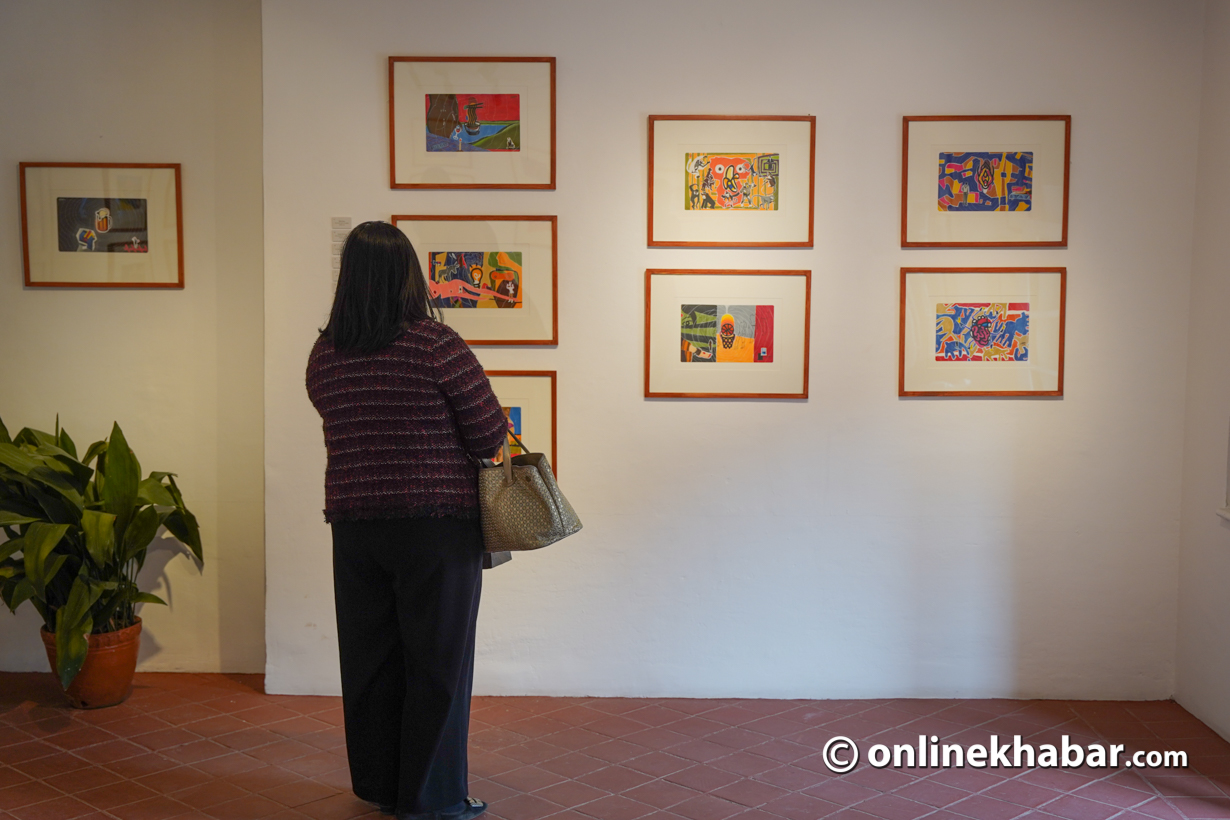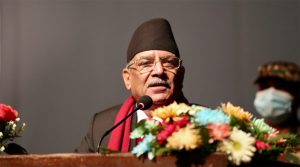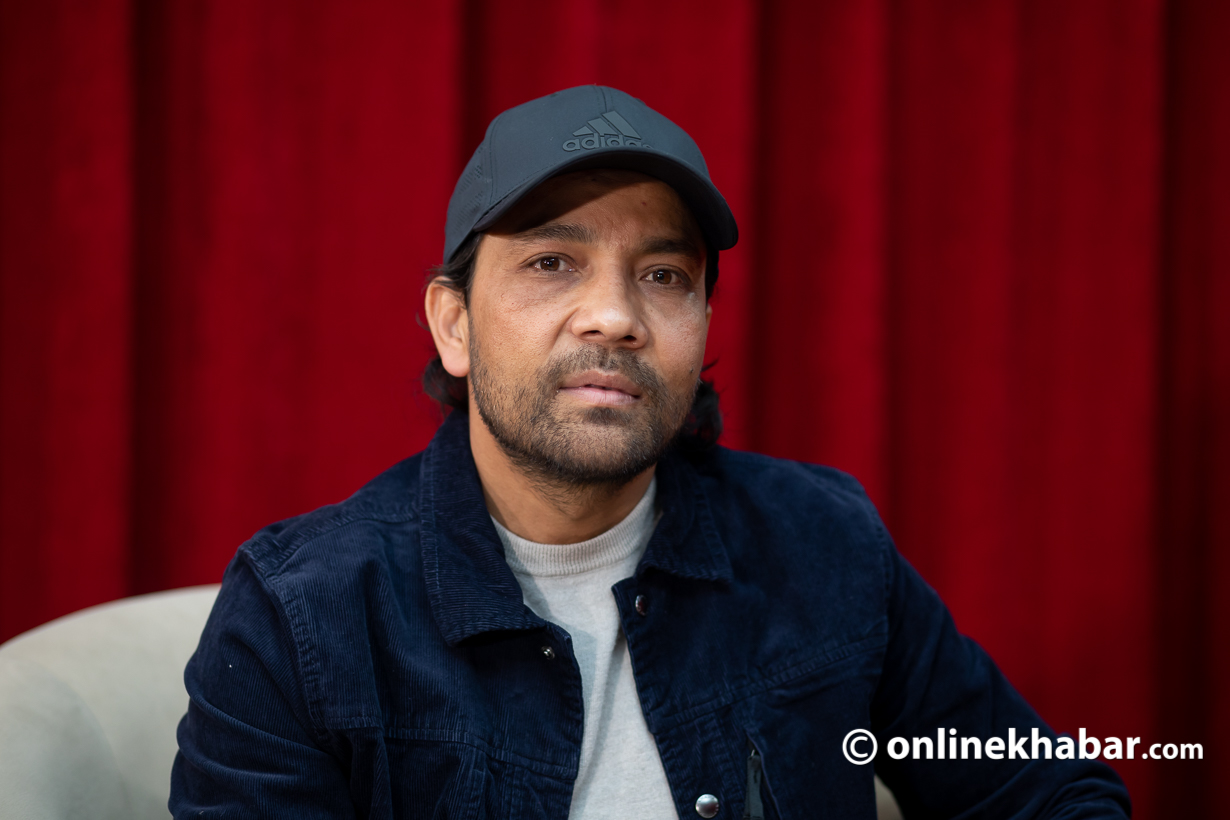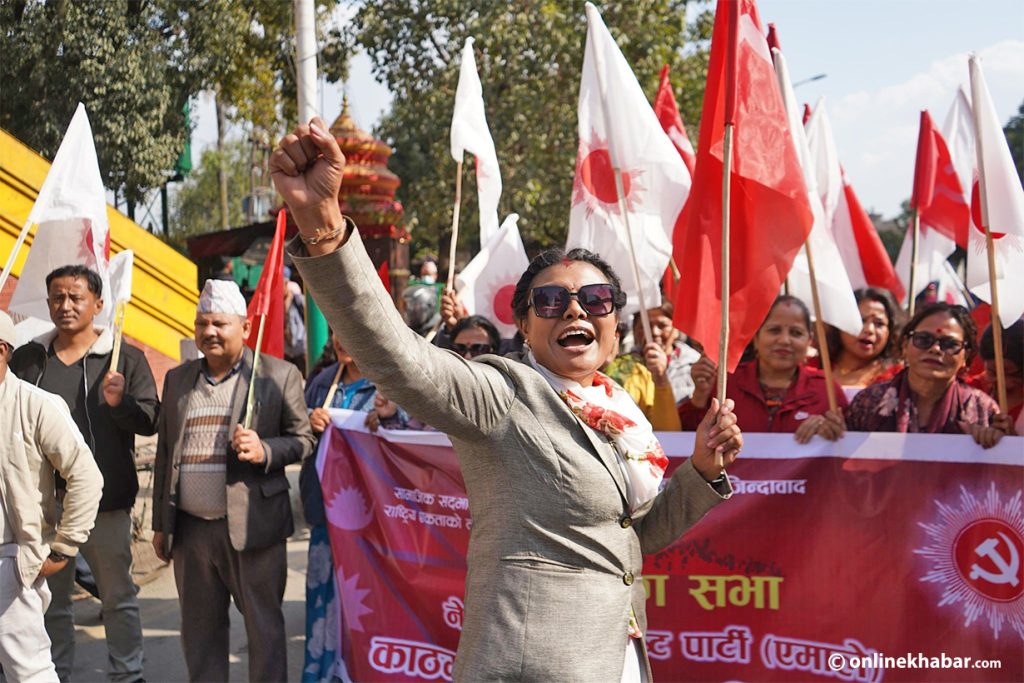
Nepal is almost in the 17th year of its peace process. The citizens who were affected by the conflict during 1996-2006, especially the women who faced conflict-related sexual violence, still are experiencing structural and cultural violence in their daily lives.
In addition, they have been continuously feeling injustice, and mistrust and dealing with a great deal of grief, and trauma that has been brewing for decades. The genuine demands, needs, and suffering of these women, which have always been exploited for political interests, have led to their silencing and exclusion during this post-conflict period
Patriarchy influenced justice
The national government which is mostly headed by men, has intentionally ignored this agenda in their regular dialogue process. It is because the suffering of women never resonated in their hearts as their mothers, sisters or daughters did not have to experience this heinous crime and suffering.
And equally, the three-tier government structures also failed to prepare the communities for the ongoing dialogues to address the legacy of the armed conflict.
The suffering of women is still deepening the existing scars and polarising the communities with the new sense of division perpetuated by the so-called political parties. In this context, the longstanding and multiple problems and trauma that women are going through do not get a space to address and heal.
Survivor’s condition and what is being done in the present day
Many women who survived the past conflict-related sexual violence considered themselves, living in a state of oppressive peace. Moreover, it has been almost two decades since the signing of the comprehensive peace accord.
They question whether signing up for the peace accord is only the path to achieving peace or addressing the deep-rooted scars of conflict what they are going through is the means of achieving peace.

The government, political parties, and unaware communities consider the trauma and the suffering of women in conflict to be only women’s issues. The government failed to understand this is also a major social and national issue. Unless these issues are addressed, they will continue to destabilise not only women’s daily lives but also the overall social fabric of the community.
Although the local government structure has the power and can influence the communities for the preparation of difficult dialogues to dismantle the systemic injustices, asymmetrical power relations, and the decade-long marginalisation that women are going through, they are not doing this.
They are mostly keeping themselves busy with infrastructure building in the name of development, but they are missing out on building the lost connection, emotional stability, and trust of women. These aspects could have contributed to bringing positive peace to the lives of these women and the overall nation.
There is a major question that arises— why do the political parties and ruling government always ignore the harsh reality and context of women of conflict–related sexual violence who are still living in a state of devastation and with the systemic oppression of our society and only promoting liberal peace?
The lived experience of women that failed to get the space of peace discourse resembles the legacy of conflict and is still deepening the existing scars and the new division in society due to the government’s technocratic approaches to dealing with peace issues and ineffectiveness to deal with systemic violence.
Until and unless the women will not be given a space to reimagine their upcoming lives, and frame the nuance of narratives of their true experience of the conflict, they will never be healed. In this scenario while one section of society who are genuine stakeholders to receive the peace dividends, still living in pain and injustice, how can we imagine and nurture durable/transformative peace in our country?


